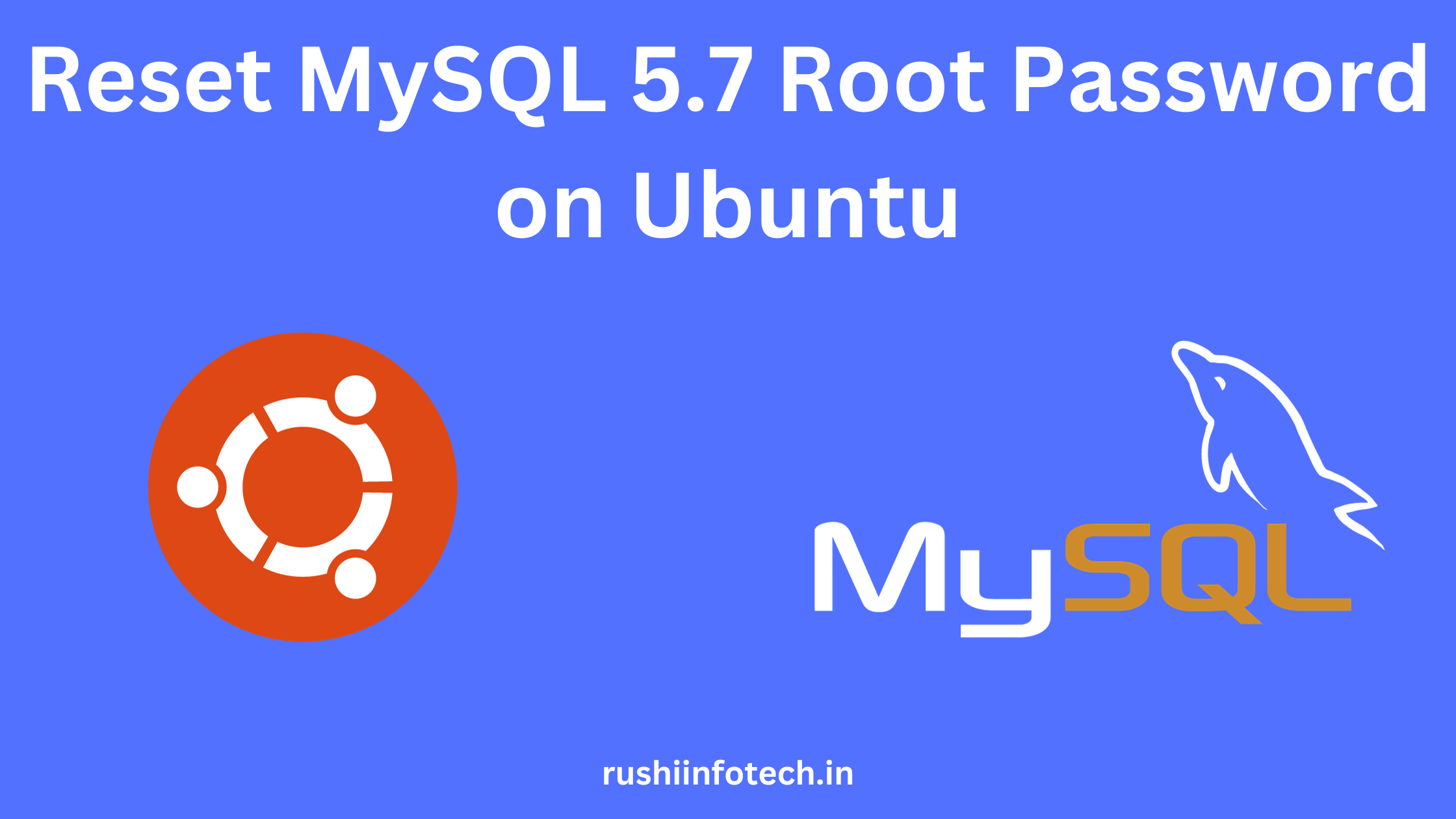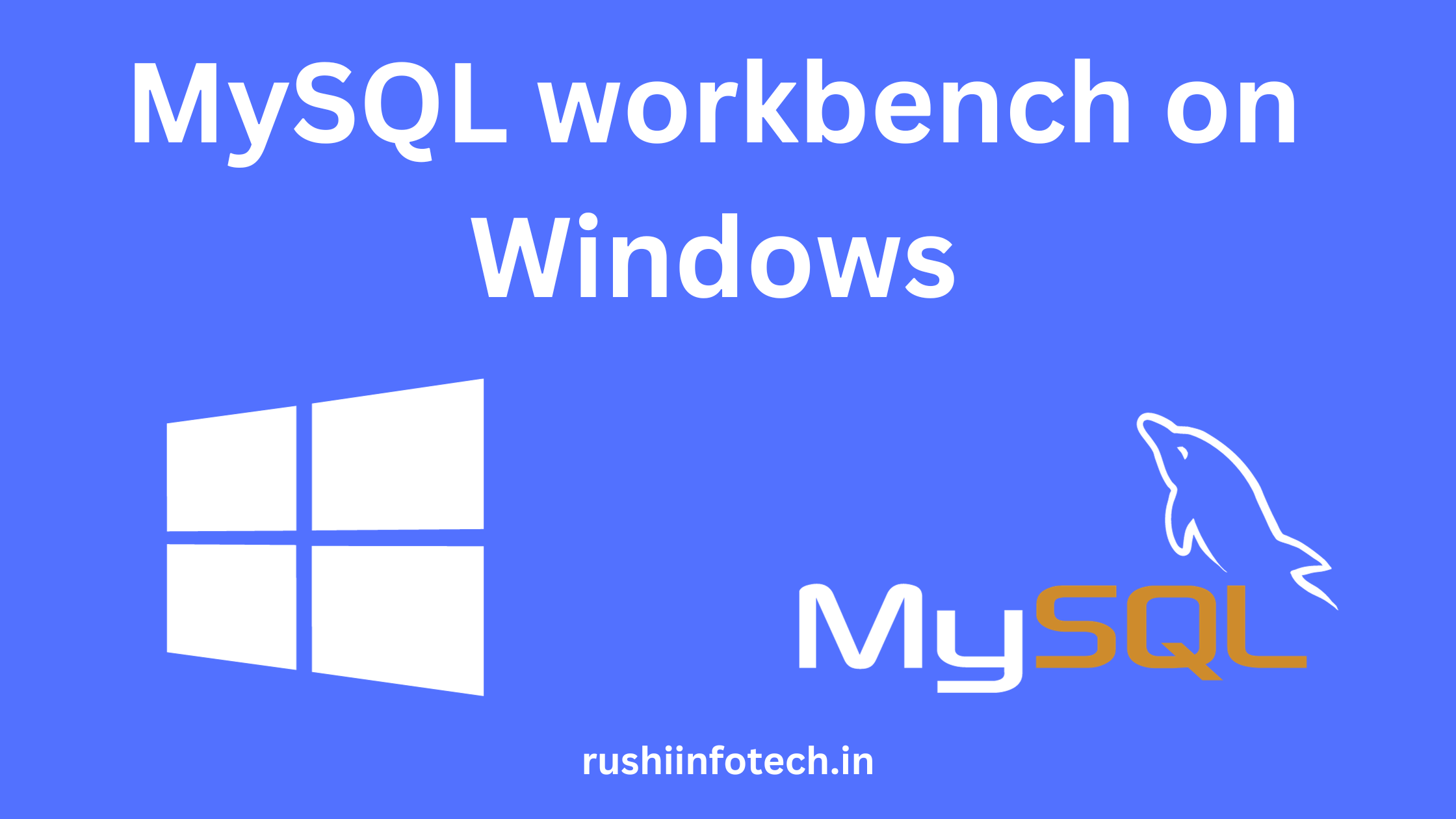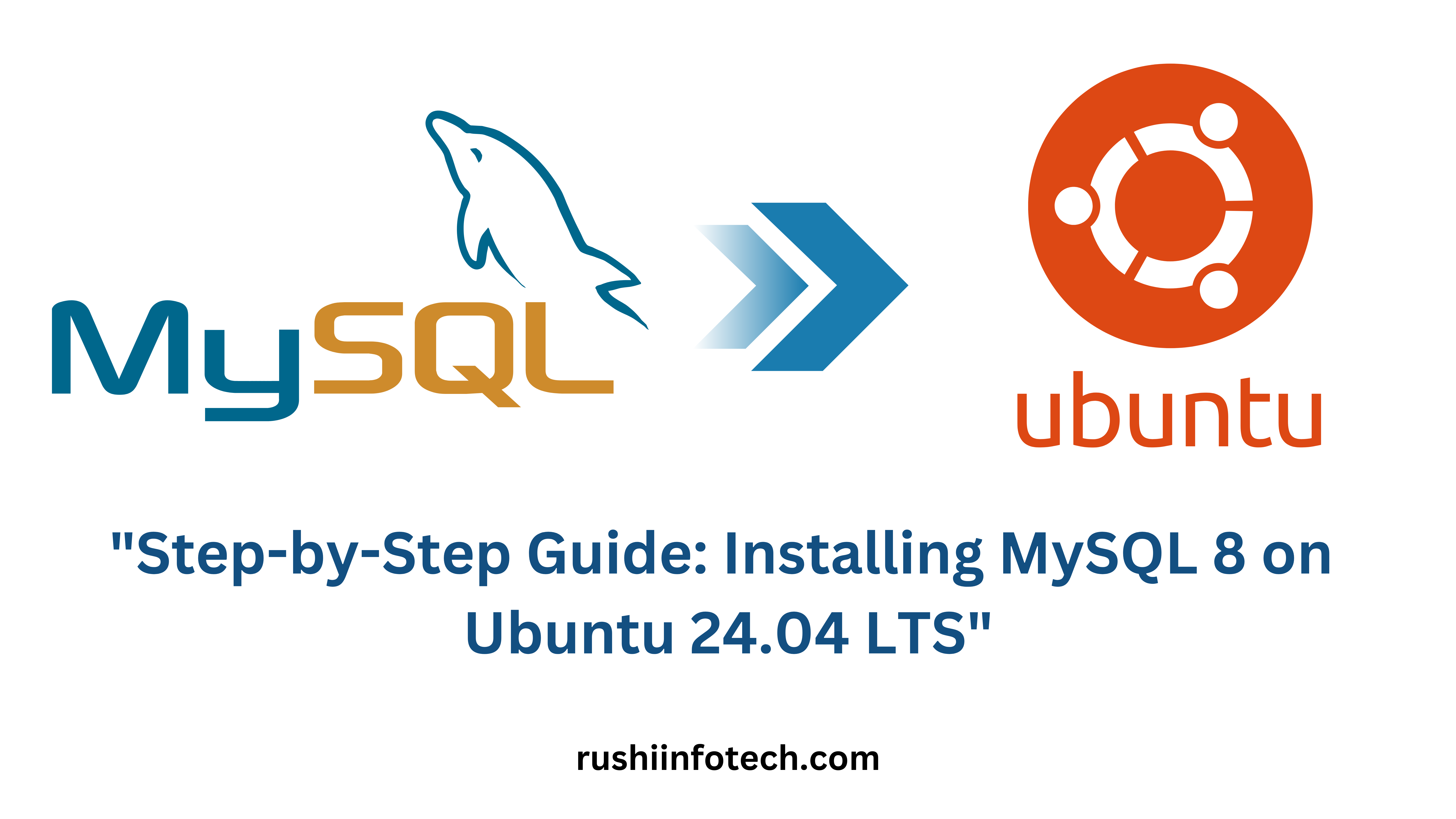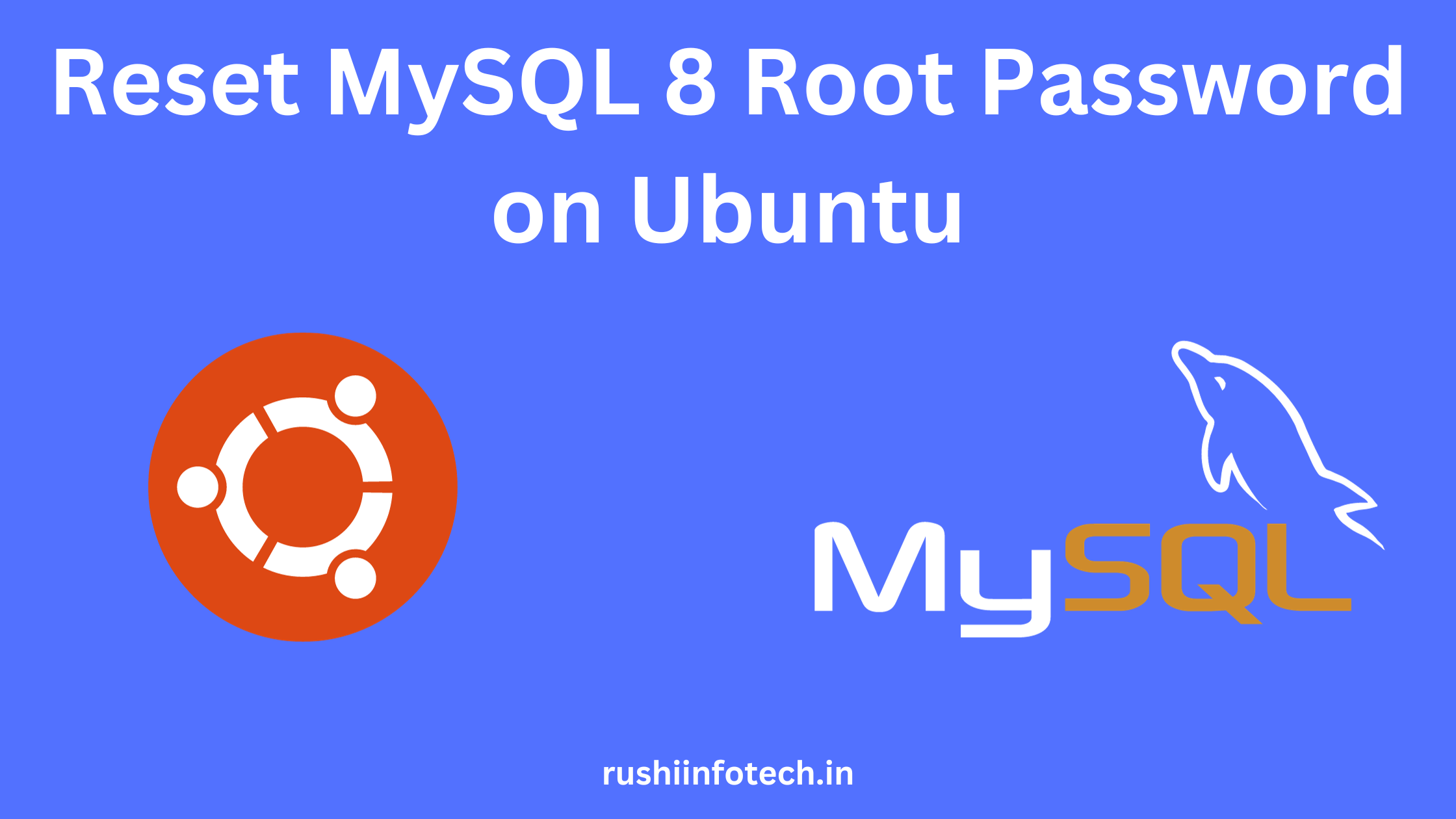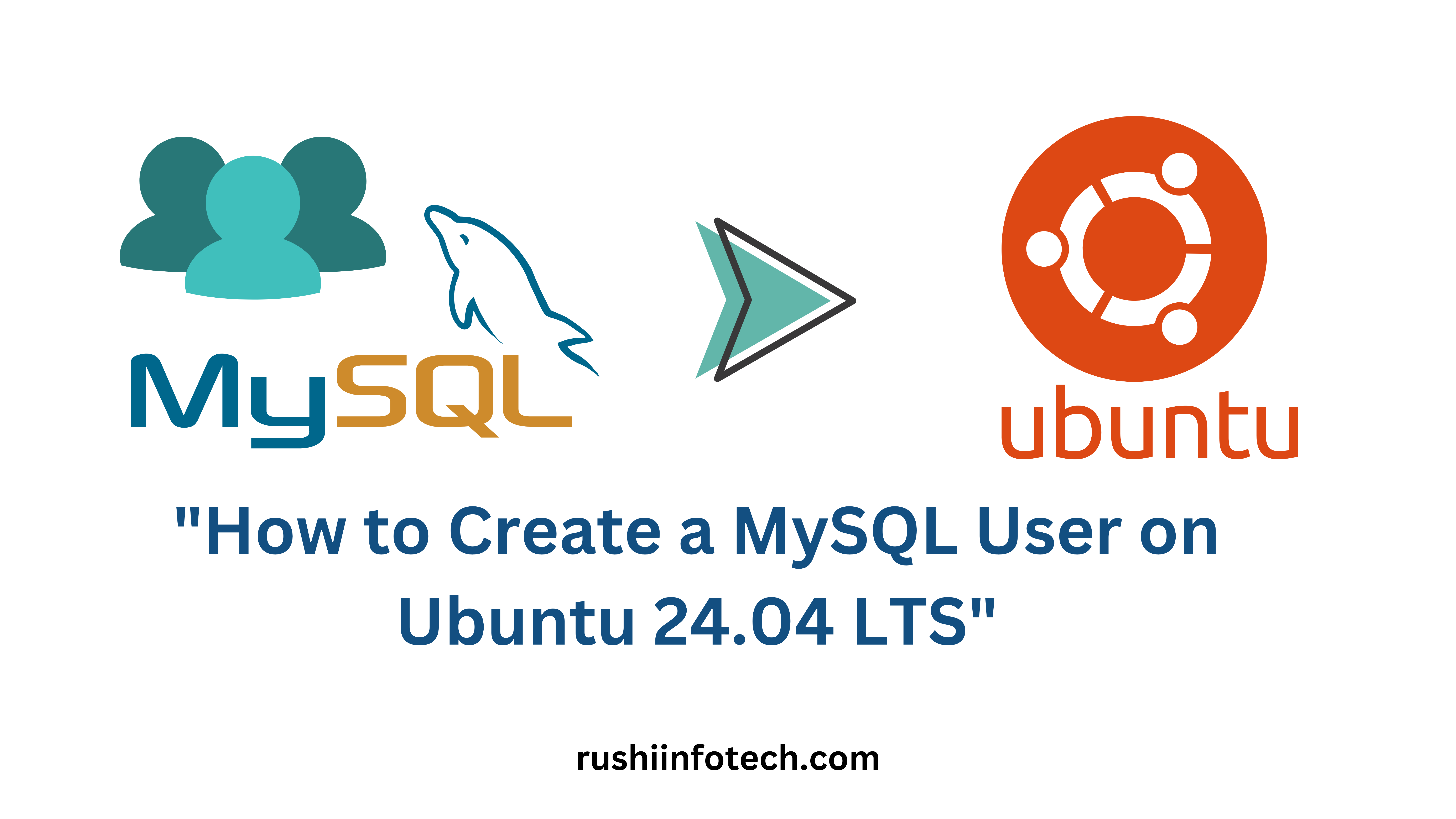Similar Posts

Connecting to Amazon RDS with phpMyAdmin: Easy Steps: 7 steps
You need to be logged in to view this content. Please Log In. Not a…

How to Reset MySQL 5.7 Root Password on Ubuntu 22.04 LTS?
You need to be logged in to view this content. Please Log In. Not a…

How to Install and Uninstall Mysql Workbench on Windows? [Windows 10]
You need to be logged in to view this content. Please Log In. Not a…

How to Install MySQL 8 on Ubuntu 24.04 LTS 🐧🛠️
You need to be logged in to view this content. Please Log In. Not a…

How to Reset MySQL 8 Root Password on Ubuntu 20.04 LTS?
You need to be logged in to view this content. Please Log In. Not a…

How to Create a MySQL User on Ubuntu 24.04 LTS
You need to be logged in to view this content. Please Log In. Not a…


